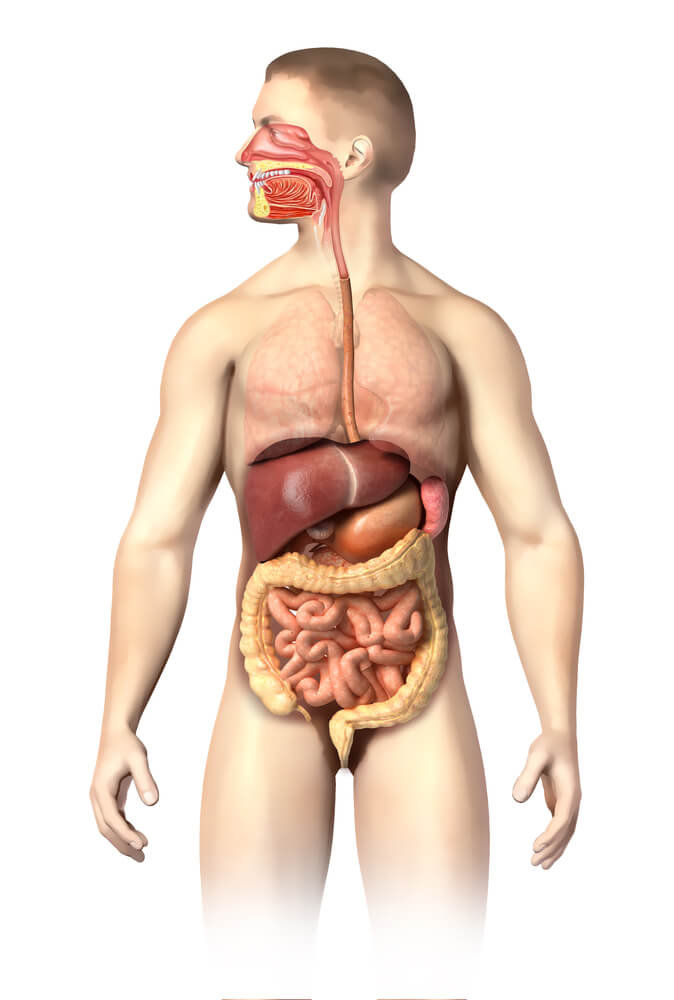High blood sugar levels are a risk factor for obesity as well as medical complications such as diabetes, heart disease and stroke, but contrary to popular opinion, the increase in blood sugar levels in response to eating a certain food varies from person to person. This is what the researchers are trying to check

Which foods are the most appropriate and healthy for you? How is your blood sugar level affected by eating an apple with honey or a full holiday meal? How can you lower blood sugar levels to reduce health risks? And what exactly does the population of bacteria in your gut include, and does its composition contribute to your health or harm it?
Prof. Eran Segal and Dr. Eran Alinev from the Weizmann Institute of Science invite the public to participate in the personal nutrition project - a large-scale and first-of-its-kind study that examines the relationship between nutrition, blood sugar levels, and the populations of bacteria in the gut. The purpose of the study is to analyze the individual increase in blood sugar following eating different foods, and to examine how it is affected by the composition of the bacterial populations in the gut, as part of a current trend of developing medicine that is personalized for each patient. Several dozen people have so far participated in the study, and have completed a week of continuous monitoring of their blood sugar levels and dietary habits.
On October 3, there will be an informational evening at the Weizmann Institute of Science for those interested in participating in the research. The research is carried out in collaboration with Prof. Zamir Halperin, director of the gastroenterology unit at the Sourasky Tel Aviv Medical Center, Dr. David Israeli from Kfar Shaul Hospital, and the National Center for Personalized Medicine at the Weizmann Institute of Science.
High blood sugar levels are a risk factor for obesity as well as medical complications such as diabetes, heart disease and stroke, but contrary to popular opinion, the increase in blood sugar levels in response to eating a certain food varies from person to person. For one person, pasta is better than white bread, and for another, the opposite is true. Therefore, in order to maintain normal blood sugar levels, one must find out what each person's personal reaction is to each type of food, and plan a menu accordingly. One of the factors that may influence each person's reaction to food is the composition of the intestinal bacteria.
The research volunteers will provide a sample of their gut bacteria, will be connected for a week to a device that continuously measures blood sugar levels, and will record the food consumed and their daily routine. At the end of the week, they will be able to receive interesting and useful personal information about themselves, as well as compare their data with those of the other participants: How does each type of food affect blood sugar levels? How are sugar levels affected by physical activity or sleep? Study participants will also have access to a nutrition app. The application allows you to record your daily activities and food consumption, and is based on a database in Hebrew that includes the full nutritional values of thousands of foods. In addition, menu planning software will be available to the participants, allowing them to build a personal menu based on different dietary requirements and culinary preferences.
Study participants will also receive a detailed analysis of the composition of their gut bacteria, as well as information on the positive and negative roles of each of these bacteria. The populations of bacteria in the gut affect the health status, the weight and the general feeling. Studies carried out by Dr. Alinev and other scientists link the composition of the intestinal population with extreme obesity, adult diabetes and insulin resistance. In contrast to the genetic risk factors for these diseases, the composition of the bacterial populations in the intestines can be changed, even by simple means such as the correct choice of foods. As the research progresses, the institute's scientists will also learn more about the effect of food on the intestinal bacteria and the research participants will be exposed to the research conclusions - which may improve the composition of their intestinal bacteria.
For more information and registration for research
More of the topic in Hayadan:
- Do bacteria influence our choice of mates?
- On nutrition and obesity bacteria
- A new theory of non-Darwinian evolution
- The food is lean - lean


10 תגובות
I am very interested in participating in the study, please contact me
Interested in participating in the study and/or receiving details and registering for the personal adjustment program.
Very important and critical for!!!, in light of my medical condition.
I'm 47 years old and I'm interested in participating in the research. I'd love for you to get back to me.
I am interested in participating in research and do not know how to contact the institute for this purpose
Interested in participating in the study. I am a 2-year-old type 52 diabetic
Interested in receiving information and participating in research or paying for a food suitability test, thanks in advance
My name is Shlomo
50 years old, interested in participating in a study on diabetes and weight loss, my weight is 145
Thanks
Following Guy Zohar's investigation, I would like to receive advice or a germ test. I am diabetic and would like to know how I can be accepted for testing or treatment
Best regards, Tami Scoop 0528384552
I would like to receive information about registration (participation) in the "Intestinal Bacteria" study
I want to join the study and don't know how to register